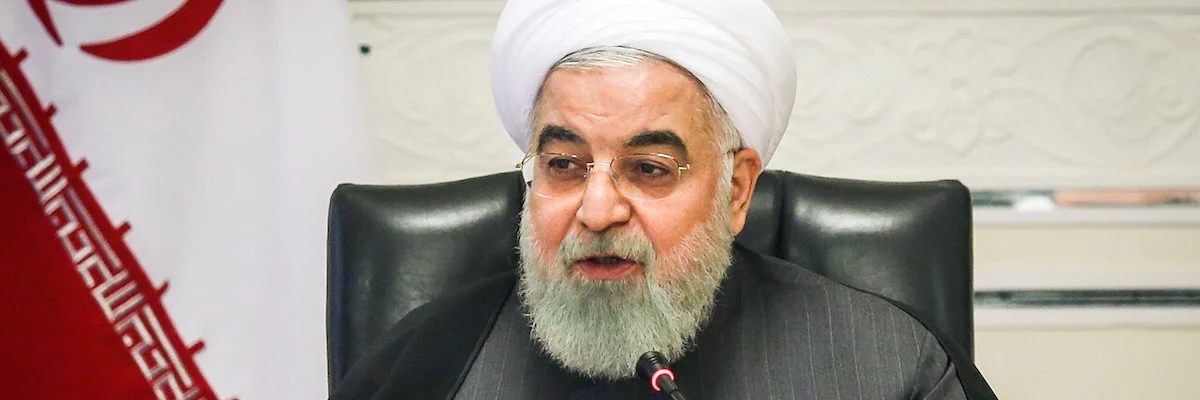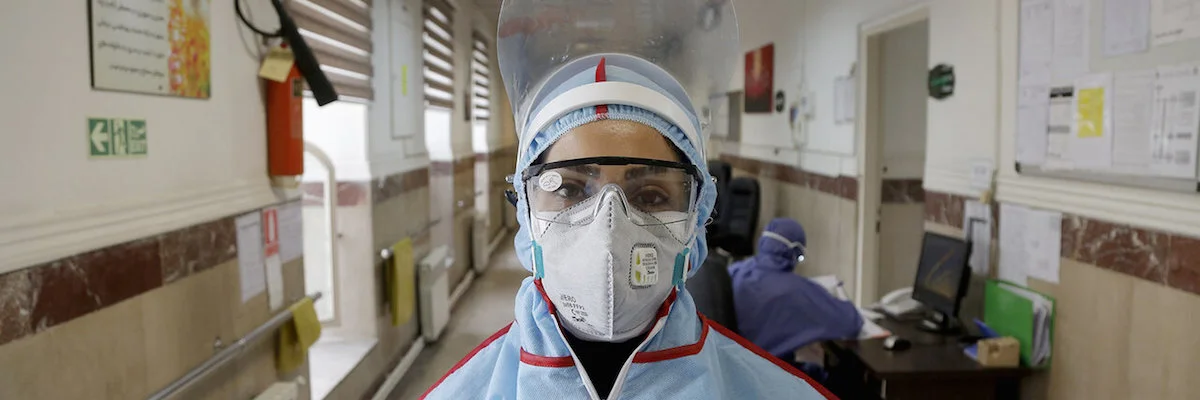Iran to Ban Intercity Travel as Coronavirus Death Toll Tops 2,000
Iran will ban intercity travel within days as it finally gets tough with the coronavirus that has killed more than 2,000 people in one of the world's deadliest outbreaks, officials said Wednesday.
The strict new measures come after weeks of cajoling largely failed to prevent hundreds of thousands of Iranians taking to the roads to visit family for the two-week Persian New Year holiday.
"New journeys will be banned, leaving towns and cities will be banned," government spokesman Ali Rabii announced, hours after President Hassan Rouhani revealed the government was poised to introduce "difficult" new measures against the outbreak.
“People should return to their home towns as quickly as possible," Rabii said.
He said the government would issue a statutory instrument setting out fines for violations.
"Of course, the security forces are going to stop it," he said, referring to travel on Iran's major highways.
Interior Minister Abdolreza Rahmani Fazli told official news agency IRNA Wednesday that the ban would enter force "tomorrow or the day after".
Addressing a cabinet meeting earlier, Rouhani had warned that the new measures could be adopted as soon as Wednesday evening.
‘We Have No Choice'
Iran on Wednesday announced 143 new deaths from the coronavirus, raising the official death toll to 2,077.
Health ministry spokesman Kianoush Jahanpour added that "our colleagues have registered 2,206 new cases of COVID-19 infection" in the past 24 hours, bringing total infections to 27,017.
Iran had long resisted imposing any lockdown, choosing instead to rely on verbal appeals for people to stay home.
But those have been widely ignored. The traditional holiday exodus from Iran's cities went ahead largely undiminished raising fears of the virus spreading deeper into the countryside.
"There has been a long debate within the National Committee for Fighting the Coronavirus about how to strengthen the measures we have taken," Rouhani said in his televised comments to the cabinet.
"We need to step up those measures," he said, adding that the health ministry had "presented the committee with a plan" that could be "approved and published" during the day.
"It may create problems for people's travel plans and require that people return home early," the president said.
"It could stop the next wave of journeys. People have to realize that these are difficult decisions that are being taken to protect people's lives.
"But we have no choice, because the lives of Iranians are important to us."
Rouhani said the new measures would be adopted for 15 days and would be "implemented thoroughly until Saturday, April 4," the day when children normally return to school after the holiday.
Photo: IRNA




